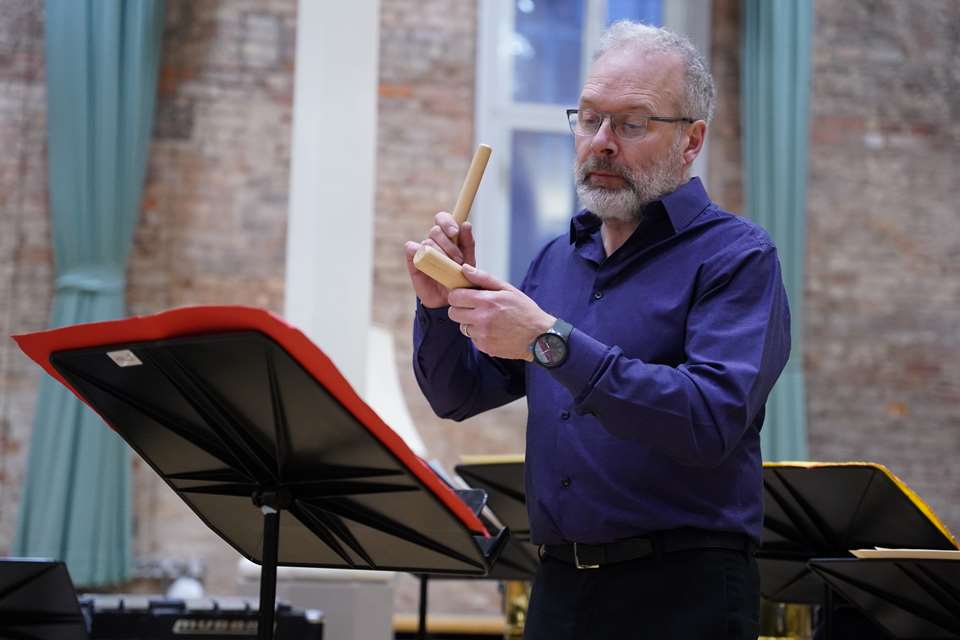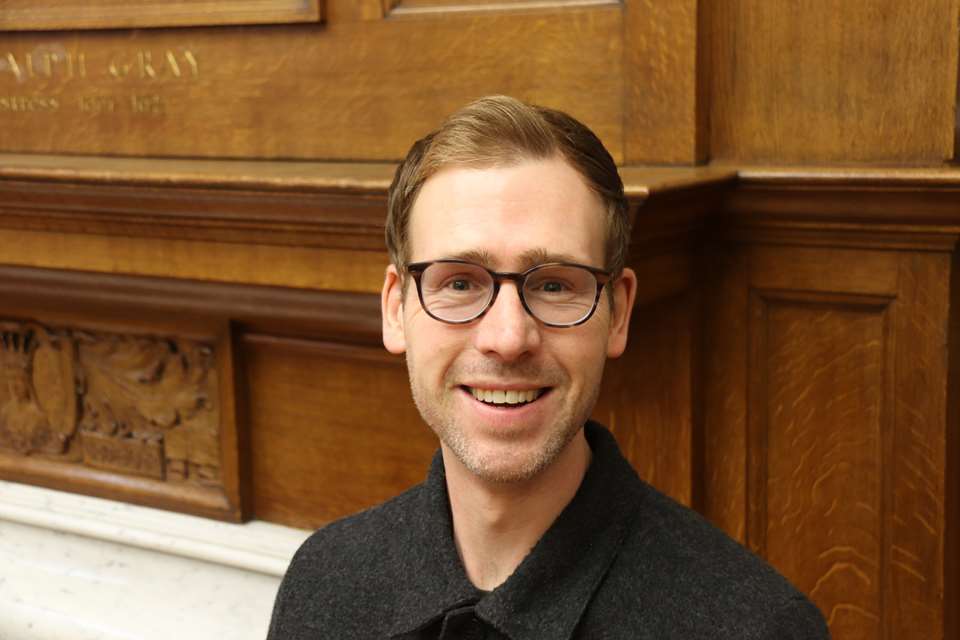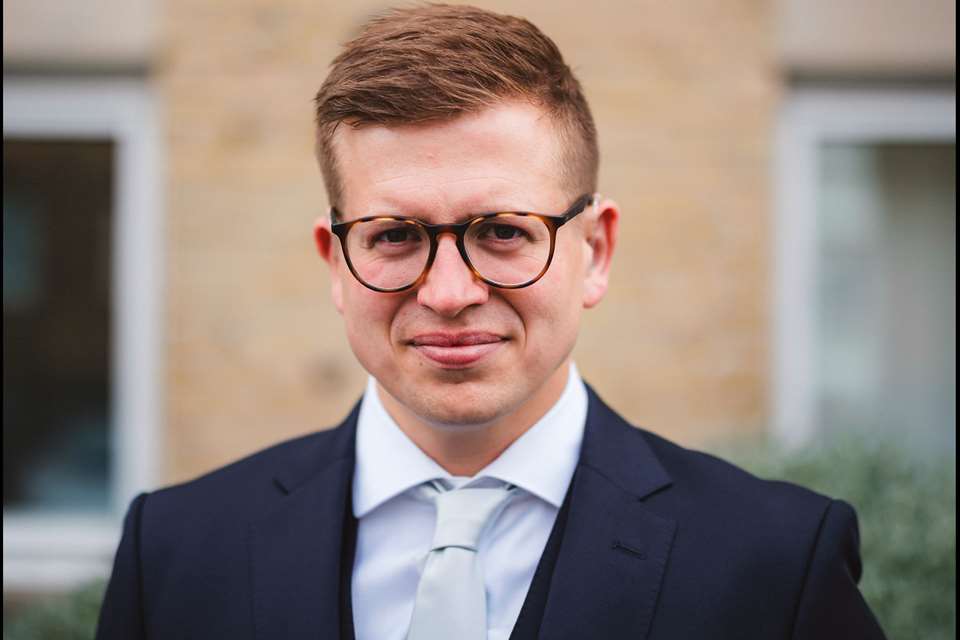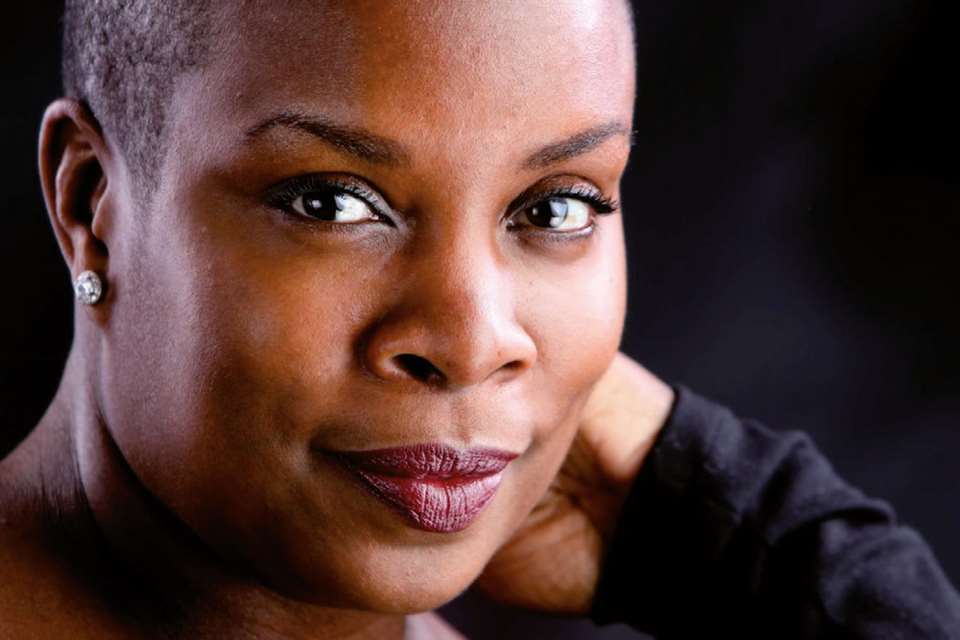Q&A: Dr Sally Cathcart
Hattie Fisk
Tuesday, August 1, 2023
Piano aficionado, teacher and co-founder of The Curious Piano Teachers, Dr Sally Cathcart meets Hattie Fisk to discuss the evolving piano community in music education.
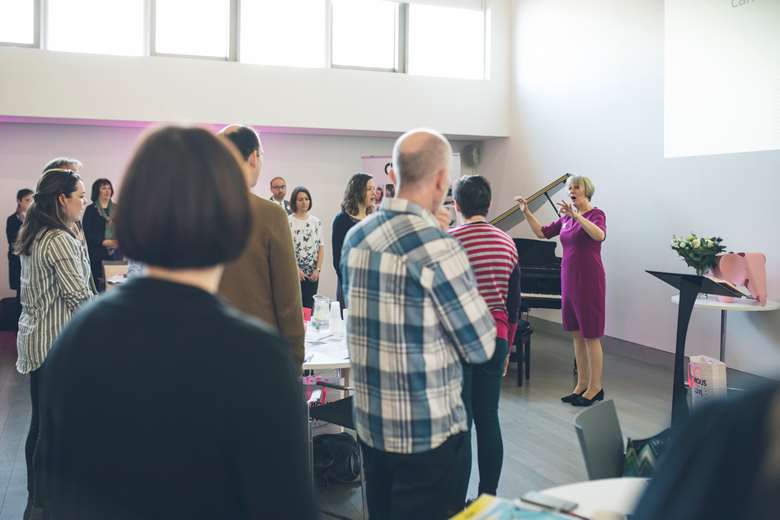
Richard Watson
HF: What advice would you give to early-career piano teachers?
SC: The piano is a magical instrument to play from the start. But it is important that in the first lessons, students get to make music, and to experience the full sound of the piano with the pedal. Often, beginners need the best teachers! They need to know how to approach this wonderful beast called the piano. Children come to lessons wanting to make music – they don't come to lessons wanting to know where middle-C is or how to read the notation. We are talking about making music here, and yet so often it is words that take over the lesson. My first piece of advice is that we place music at the heart of all learning; making music, not talking about what could be better.
HF: Do you have any practical suggestions?
SC: Sing as much as you feel comfortable doing. Engage the musician within the student, and then take that music-making to the piano. Find some wonderful pieces that sound great on the piano that the student can learn by ear.
HF: Do you think there is value in learning by ear?
SC: There is nothing wrong with learning by ear, as long as you can then fill it in with the reading. This can easily be misinterpreted, which is why it causes so much polarity when people don't fully understand. Students can play music far in advance of what they can read; when you are teaching playing and notation in parallel, an experienced teacher can gradually bring the two together, so eventually the pupil learns to play from written music. If not done correctly, this can lead to students never becoming fluent readers, which eventually leads them to stopping around Grade 3 level. It is hard to do – especially as students can be very good at imitating understanding up until this level.
HF: You spoke about engaging the musician with the student. Do you think the Kodály method should be used more widely and, if so, why?
SC: It absolutely should. I have created a set of musicianship books called Ready to Play which are about this. There are too many times where students are taught how to play the piano but don't have basic musical skills, such as being able to keep a steady beat and knowing how to tap a rhythm independent of the piano. It is essential that those musical tools are given to students before they start on an instrument, and that is what Kodály, Dalcroze and so forth do. They bring us to the music so that we can take our music to the instrument.
HF: How did The Curious Piano Teachers come about?
SC: When I finished my PhD, back in 2013, I had all these thoughts and ideas buzzing around in my head about approaches to the piano. I met up with my good friend and colleague Sharon Mark-Teggart who was running diploma courses for piano teachers in Northern Ireland, and we decided to create an online forum for fellow piano teachers to share their knowledge and experiences. Piano teaching can have this image of being a little dowdy and boring – an instrument you might try for a few years and then give up because it is too hard. We knew that piano teaching didn't have to be the same that it has been since Victorian times, so we came up with the idea of being ‘curious’ teachers.
HF: What does the group provide its members?
SC: It is very much about sharing best practice. We like to get people together as much as we can through online events (and the occasional live event). We have monthly events, online resources such as videos and downloadable PDFs, and we have a Facebook group that never stops talking. The Facebook group is like having a virtual stafiroom, and we have a very positive, healthy and vibrant energy that goes on there. We now have a Piano Framework that underpins everything: a 75-page document that breaks down musical concepts and skills, outlining what should be learnt at each level. This is something that teachers find incredibly valuable to have. We also split the resources into four pillars: being a pianist, a teacher, a musician and a professional.
HF: Why do you feel that banding together is important?
SC: I think it is crucial for us all to work together in some shape or form as a piano teaching community. This is not a question of getting rid of the wonderful work that has gone on and acknowledging the value of that, but it is about setting out a broader base. We want to show our value to the wider music education community, as we do have a huge role to play with such a magical instrument.


